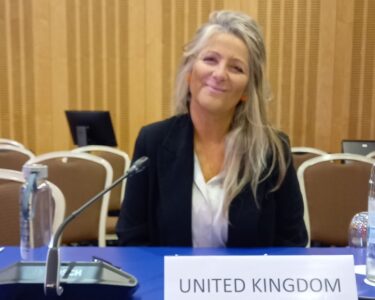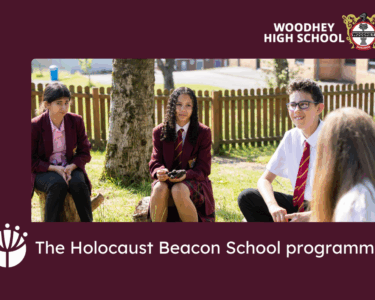A guest blog by author Tom Palmer
‘One thing I have learned while writing historical fiction is that our ability to read what people in the past have written in diaries, letters and stories is vital to us understanding history.
Our shared literacy makes that possible.
If we hadn’t, for example, had Anne Frank’s diary, how much less would we know – or even care – about what millions of families went through during the Holocaust? We know what Anne Frank yearned for, what she feared, who annoyed her. We laugh with her. We hope for her. We grieve for her. Because we came to know her and her predicament through her words.
When I was writing After the War I tried to find as many books as I could that contained the testimony of those who suffered under the Nazis. I read transcribed audio files too.
I need testimony. In words.
The theme of the UN International Literacy Day in 2022 is ‘Transforming Literacy Learning Spaces’. So I am very pleased that – working with UCL and my publisher, Barrington Stoke – we have been able to contribute to that.
During September, we are offering class sets of 30 copies of After the War to schools at 50% off. For roughly £105 instead of £210. My publisher and I have waived our cut for this offer, because we want to get After the War into ‘learning spaces’ (to use the UN’s phrase) to help children understand the Holocaust, through their own literacy.
It means the world to me that After the War is a book UCL, the Anne Frank Trust and other Holocaust educators have chosen to work with. And that UCL have created such an extraordinary range of resources, lesson plans and activities to go along with the book.
My most recent book, Resist, also has UN links. It is a story inspired by the life of the film star, Audrey Hepburn. In later life Hepburn became a UNESCO ambassador, travelling to places where war and famine were causing unthinkable suffering to children. She did this to raise awareness and to put pressure on governments to help children who were suffering.
Why did she do that? This quote explains:
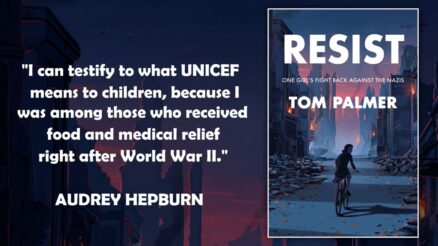
This is the truth. As covered in Resist, Audrey Hepburn suffered terribly under Nazi occupation while living in the Netherlands as a child. As well as operating for the resistance, she, like many Dutch people, came close to starvation, as the Nazis appropriated food and other resources. Thousands died.
The above quote is among some of the few words that Audrey Hepburn spoke about her challenging wartime experience. Like many people she didn’t like to talk about it and only did when she could use her story to help people suffering when she was older.
So, to help with the gaps I needed to fill to write Resist, I relied again on literacy. I found a handful of books written by children during the Nazi occupation of the Netherlands, either writing while they were children, or later in life. They included:

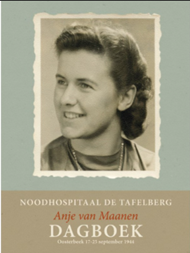
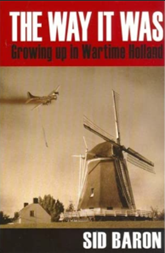
I made sure that every source I used was valid. That it was testimony, a primary source. Once I ascertain that, I can rely on that as a primary source to inform what will be – I hope – an authentic story that children today can read today.
I can only write what I write because those Dutch children wrote what they wrote – and I read it, just like children will read my book today.
And that, for me, is what International Literacy Day is all about.’


